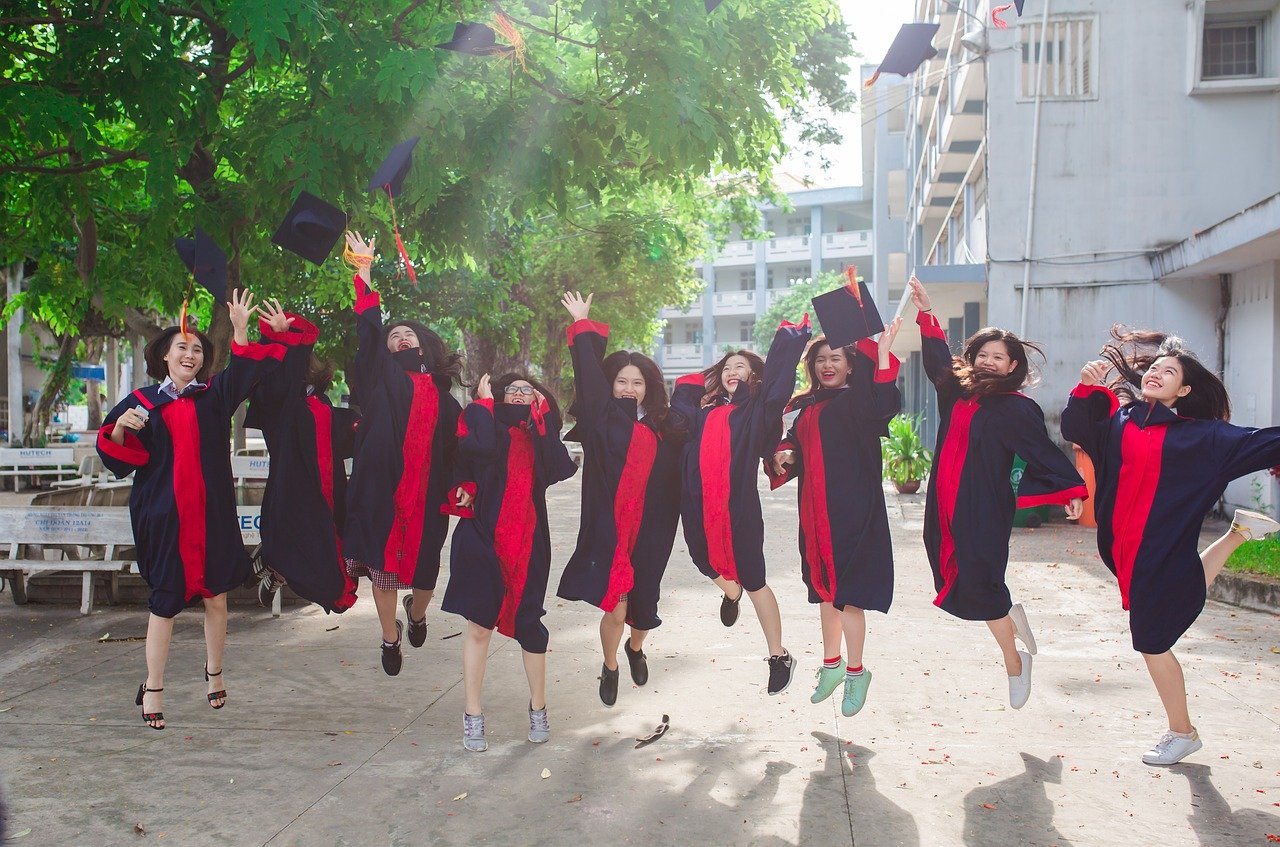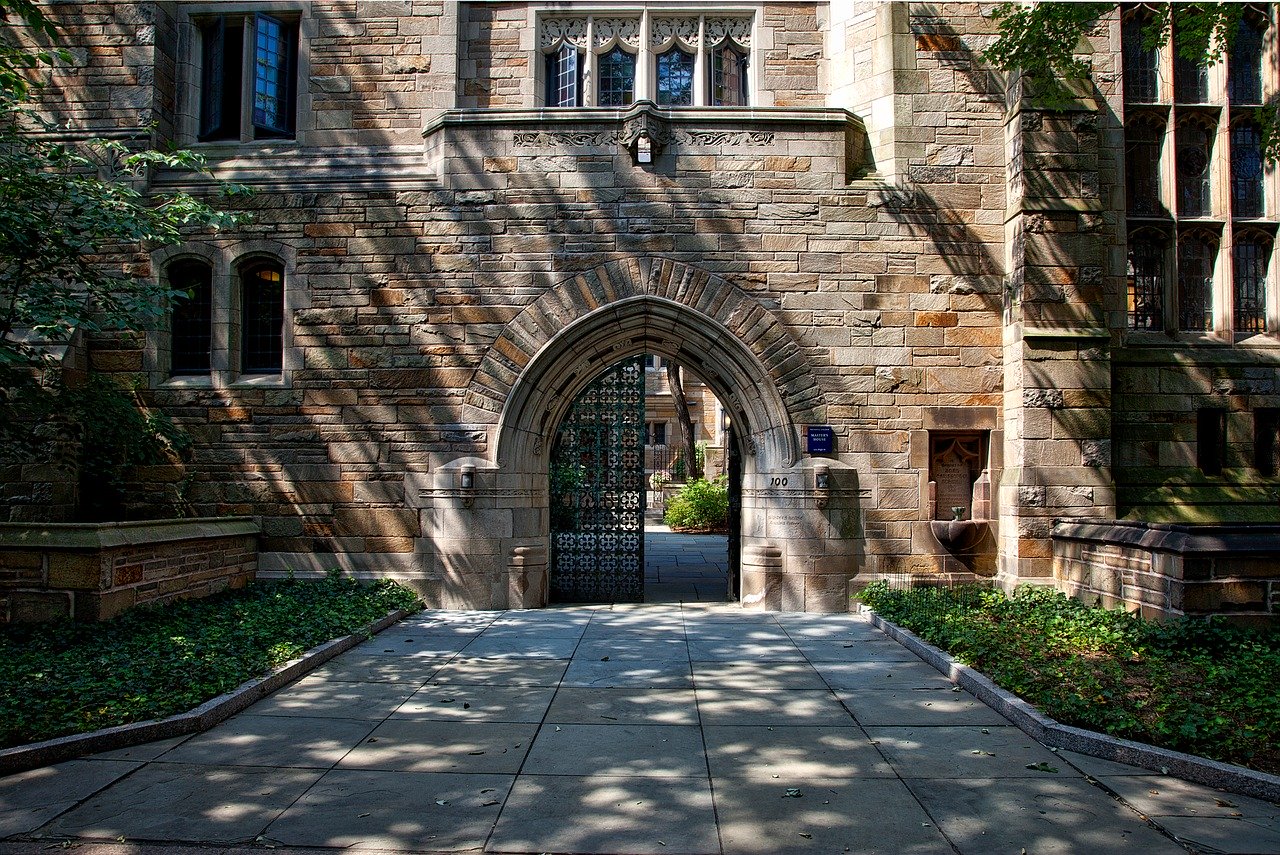To say the coronavirus has impacted the world of education would be an understatement. While the great pause has put a premature end to Spring semesters across the globe, it is also reshaping the future dynamics of extended education.
Students and educators ranging from elementary to university are being challenged by social distancing. Colleges and universities face difficulties engaging new students, particularly with admissions, orientation, fairs, conferences, and first-year freshman experience.
Likewise, for current university students, the quality of education is also subject to degradation and digitized dissolution, as many students balk at the idea of solely taking virtual classes.
Going beyond Zoom-based classrooms and meet-ups, the most agile and adaptive universities and student organizations are leveraging creative ways to engage prospective and existing students.
From virtual events, social media takeovers, and elevated recruiting tools, here are some of the ways organizations in the educational landscape are overcoming current COVID-19 challenges.
1. Host Virtual College Fairs and Expos
With college fairs, orientation, and expos on pause, turning these important networking events into virtual opportunities offers a viable solution. With today’s interactive web platforms, it is easy for universities and student groups to offer digital versions of these experiences.
Registered attendees can access live workshops, interactive chat rooms with leaders and advisors, and virtually navigate the event itself and live chat with college and career representatives.
National Association for College Admission Counseling (NACAC) has been a perfect model of an organization that’s adapted to COVID-19 challenges with virtual college fairs. NACAC offers virtual fairs to bring together students, parents, educators, and partner organizations from all over the world.
With attendees gathered behind their computer screens, students and their families are able to access a virtual event platform where educational workshops, networking opportunities, and college and career fair activities unfold. While virtual events and expos may seem technologically intimidating, they are effective alternatives to bridge the gap between social interaction and students who are stuck at home.
2. Allow Students to Take Over
 There is no shortage of creativity in the world of social media, especially during the COVID-19 pandemic when such platforms offer vital alternatives to in-person interaction. Academic organizations and university groups are being forced to think outside the box to better foster student involvement and engagement.
There is no shortage of creativity in the world of social media, especially during the COVID-19 pandemic when such platforms offer vital alternatives to in-person interaction. Academic organizations and university groups are being forced to think outside the box to better foster student involvement and engagement.
One creative idea is allowing students to share their experiences through social media takeovers, guest blogging, student panel videos, and other creative means.
For example, universities like Boston University and the University of Colorado are leveraging their Instagram, Snapchat, and Facebook audiences to allow students to share their stories, offer Q&A sessions, and share their student experiences for an entire day.
Social media takeovers deliver an engaging novel platform for students to authentically connect, learn from each other, and share meaningful experiences, despite a time of social distancing.
3. Go Digital With Competitions
From academics and financial aid to sports and clubs, colleges and universities are no stranger to the world of competition. But with in-person events put on pause, most competitions have been either postponed or canceled.
Alternatively, universities and student groups can host events, create competitions, connect with students, and boost involvement – almost entirely digitally.
While certain team sports may not apply, the idea of going digital with college-related competitions provides a host of possibilities and creative potential. Take the University of Tulsa’s season of “cyber competitions” which provide a virtual solution during the COVID-19 pandemic.
For academics, virtual competitions create a risk-free opportunity for students to stay engaged and excited about their areas of study and career paths. This approach can also help supplement building a sense of community building, whether on social media, university forums, or in student groups.
As one example, contestants can submit their work via video contests, and keep it easy by using platforms like YouTube and Vimeo to manage submissions.
4. Lessen the Financial Burden and Extend Deadlines
According to data by The Princeton Review, 99 percent of families say financial aid is necessary to fund college. In an economy that is taken a toll from the coronavirus pandemic, it is important for colleges and universities to listen to their students and families, and better understand how they can make affording an education more viable.
One simple way universities are lessening the financial burden is by waiving application fees. For instance, Ohio’s Kent State University is waiving application fees as well as and extending its application deadline from May 1 to June 1. Other universities are following suit, not only by waiving fees and extending deadlines but also by making tuition costs more affordable.
For universities in the U.S., May 1st is the most common deadline for high school students to apply to college in the fall. However, many schools are extending their admissions deadlines to provide greater flexibility and support to students and families.
Among the universities and colleges offering extended admissions includes the University of Utah, Oregon State University, Williams College, and George Mason University in Northern Virginia.
5. Tell Your Story in a Tangible Way
While it is very common for university groups and student organizations to use email and other digital means to communicate, some schools are leveraging more timeless and tangible strategies to reach students.
For larger initiatives, such as college admissions and recruitment, sending tangible mail-ables proves to be an effective way to capture students’ attention and get them to engage with the message. We are not talking about your average direct mail pieces with a templated letter. But rather, more creative and thoughtful “gifts” that are sent directly to students’ homes.
Take BookWear, for instance, and the work they’ve done for Calvin College based in Michigan. Leveraging one of many BookWear’s creative college swag ideas for prospective students, Calvin College sent 3,900 “books” with a Knights t-shirt and the message “Think Deeply. Act Justly. Live Wholeheartedly.”
Essentially a thick postcard, this creative recruiting tool works for many different universities and student groups.
6. Be Proactive and Communicative
With universities and student organizations having to cancel events, students are missing out on social, professional, and educational activities that enable important experiences.
In-person opportunities like college fairs, study abroad, and internships are largely under construction for most educational providers. And the future outlook on certain activities and opportunities like these look rather bleak for the foreseeable future.
It is important for university and student organizations to be transparent and communicative, even if the future remains questionable. Be diligent in communicating about events and event management. Do more than just cancel an event by voicing to your students what you are doing and how you are planning to remedy the situation.
In some cases, student takeovers can add a genuine voice to help voice the current state of colleges and universities amid coronavirus.
7. Adapt to Virtual Learning and Re-evaluate Tuition Cost
 In the wake of the coronavirus, there are geographical considerations as well. Many students whose dream schools are located in major cities like NYC, Los Angeles, or Boston may now have different perspectives about their college of choice.
In the wake of the coronavirus, there are geographical considerations as well. Many students whose dream schools are located in major cities like NYC, Los Angeles, or Boston may now have different perspectives about their college of choice.
In turn, many colleges and universities are pushing online degrees at more affordable tuition rates. While online learning may not be an option for students who prefer an in-person university experience, a college education can still be attained remotely.
Students interested in pursuing a bachelor’s degree can pay as low as $375 per credit hour at Columbia University for a BA in Engineering. Additionally, Clemson University offers a BA in Education program that’s currently priced at $499 per credit hour.
The cost of tuition for online degrees is still vast, as some universities still charge over $1,800 per credit hour for online courses. But it leaves room for schools to become more competitive with their tuition pricing, especially for online degrees.
8. Colleges Get Creative in Combating COVID-19
The COVID-19 pandemic has undeniably changed the Spring semester, but university students and faculty are actively and creatively exploring different solutions to make the best of the situation.
Despite many cancellations and other events left to be determined, many conferences and competitions are continuing as planned – just in a new, virtual-only format. University directors, admissions counselors, and educators have been forced to revise plans and adapt to constant changes being thrown in their direction.
We are excited to see new and creative ways they are bridging the gap during these tough times.
Tyler Tafelsky is a Western Michigan University graduate with a degree in Marketing and Psychology. Tyler currently works in various fields related to content marketing strategy, health and wellness, and athletic training. Tyler works for BookWear, a business that helps college and university admissions counselors engage with students, as well as Better Triathlete, a triathlon training blog for those interested in multisport.
